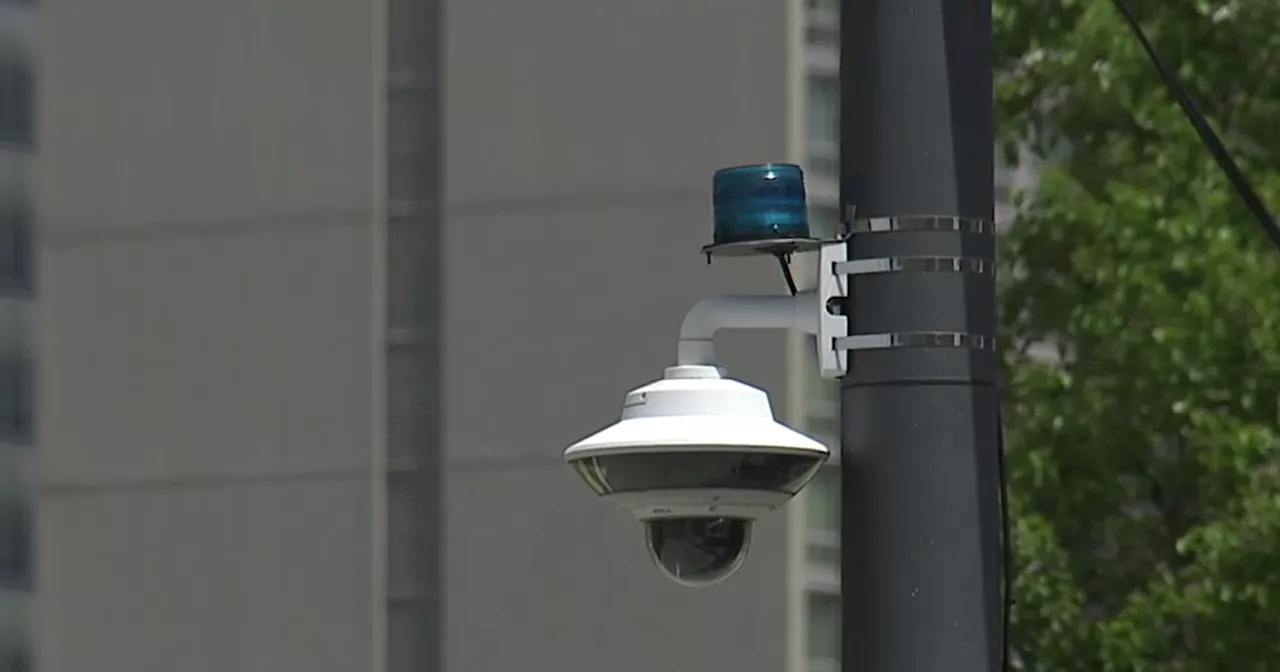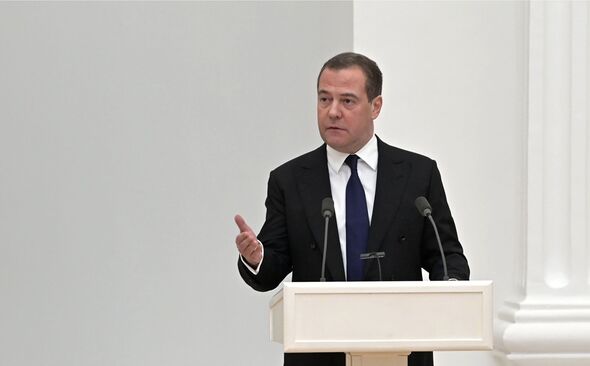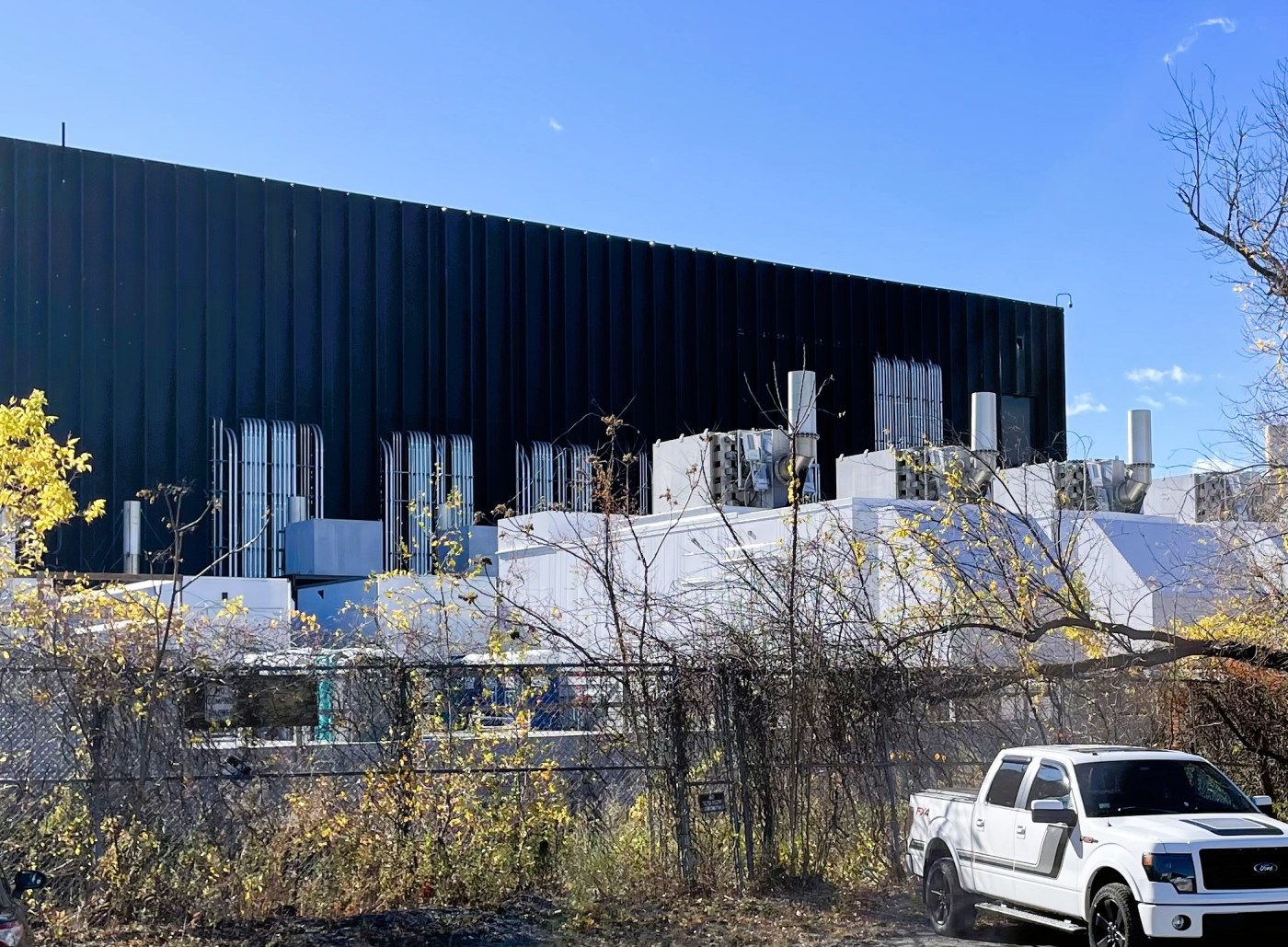Cleveland City Council members recently examined the effectiveness of ShotSpotter, a gunfire detection technology, during a public safety committee meeting. The evaluation, conducted by professors from Cleveland State University, raised critical questions about the technology’s reliability and impact on police response times while the council considers a potential transition to a new provider, Flock Safety.
The current contract with ShotSpotter is set to expire in April 2026. During the committee hearing, researchers reported that while ShotSpotter’s technology is generally accurate, it has placed additional strain on law enforcement resources. As a result, response times for Priority 1 calls, which address the most urgent situations, have lengthened. Additionally, the study highlighted a significant issue: community members are reluctant to call 911 due to a lack of trust in police and concerns about possible repercussions from neighbors.
Public Safety Director Wayne Drummond indicated that the city does not intend to renew the ShotSpotter contract. Last month, the city proposed engaging Flock Safety, whose technology not only detects gunfire but can also identify street takeovers and vehicle crashes. Cleveland is already utilizing Flock for license plate recognition, raising questions about the decision-making process. Notably, former council member Kerry McCormack is now employed by Flock, prompting concerns about a conflict of interest.
Council member Rebecca Maurer voiced her apprehensions regarding this potential conflict, stating, “I hope you understand the hesitancy I have given that a member of this body just departed to take a job at Flock, and we now have a sole source contract without an RFP process.” Drummond countered that McCormack’s new role has no bearing on the proposed contract.
In an interview with News 5 Investigators, Safety Chair Mike Polensek emphasized the importance of having adequate personnel to respond to incidents, regardless of detection capabilities. “If you don’t have the people to respond,” he noted, “you could be detecting somebody’s birthday party, but if you don’t have the people to respond to it, there’s the challenge.”
The issue of increasing response times is significant. Recent investigations uncovered that it took over an hour for police to respond to the most critical calls. This delay raises serious concerns about the effectiveness of the current system in safeguarding the community. The public safety committee plans to conduct a thorough evaluation of the Flock Safety proposal to ensure it meets the city’s needs.
As the debate continues, the council must weigh the technology’s benefits against the realities of police resources and community trust. The findings from Cleveland State University will likely play a pivotal role in shaping the city’s approach to gunfire detection in the future. The full details of the evaluation and the ongoing discussions will be closely monitored as the council moves forward with their decision-making process.






